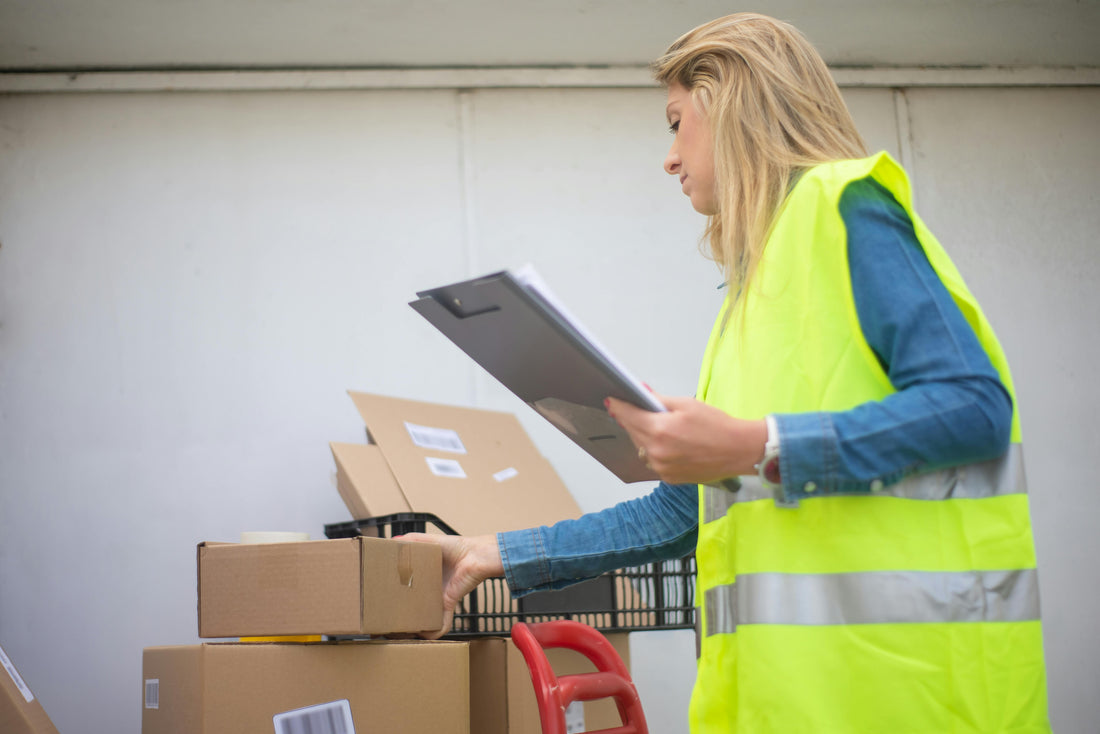
Is the DJI T100 Available in the USA?
Share
The Definitive 2025 Guide for Farmers, Dealers, and Drone Service Providers
The DJI Agras T100 has arrived as one of the most powerful agricultural drones ever built, designed to revolutionize precision farming, spraying, and crop management. If you’ve been wondering, “When can I get a DJI T100 in the U.S.?” the answer is clear: you can buy and begin using the T100 today — legally, efficiently, and with full confidence.
This guide offers a comprehensive, practical overview of everything you need to know about the availability, import process, legal status, and operational readiness of the DJI T100 in the United States. It’s crafted specifically for farmers, agricultural drone dealers, and sprayer service providers who need clear, actionable information to confidently invest in this next-generation technology.
The DJI Agras T100: What Makes It a Game-Changer?
Before diving into availability and import details, it’s worth understanding why the T100 is different and why it’s worth acquiring now.
The T100 is DJI’s flagship agricultural drone, designed for large-scale farms and demanding spraying operations. It offers:
Massive Payload Capacity: Up to 100 liters of spray liquid, allowing longer flights and fewer refill breaks compared to smaller drones like the T40 (which holds about 40 liters). This means higher efficiency, lower operational downtime, and cost savings over time.
Advanced Flight Controls: 360-degree radar obstacle sensing, terrain following, and AI-powered flight paths reduce operator workload and improve safety and spray accuracy.
Precise Application: The drone supports precise rate control and multiple spray nozzles for even coverage, minimizing waste and environmental impact.
Integration with Leading Software: Compatible with DJI’s GS Pro and Terra platforms for detailed route planning, flight management, and crop data collection.
Robust Construction: Designed to withstand tough outdoor conditions and farm environments, ensuring reliability and longevity.
For farmers and sprayers, the T100’s combination of power, precision, and ease-of-use means it can replace multiple manned spray passes, reduce chemical use, and increase profitability.
Why Has Availability Been a Question?
Several factors have contributed to confusion and uncertainty about the DJI T100’s availability in the U.S.:
Regulatory Concerns: High-profile government discussions and executive reviews around drone security and foreign tech procurement have led to questions about whether DJI drones are restricted or banned.
Import Complexity: Large drones like the T100 require precise customs classifications and certifications. Misunderstandings about import rules and tariffs have caused rumors of delays or prohibitions.
Firmware and Software Issues: Some drone models shipped to other regions come with geofencing or software locks restricting use. Customers want to know if the T100’s firmware supports unrestricted U.S. operation.
Distribution Channels: DJI’s official U.S. reseller network has focused primarily on smaller consumer or industrial drones, leaving a gap for large ag drones.
Despite these concerns, the DJI T100 is fully importable, legal to own, and operational in the U.S. today. The market is open, and trusted importers like Ares Acres have the expertise and infrastructure to ensure seamless delivery to your farm or business.
The Import Process: How You Receive the DJI T100 Legally in the USA
Importing a large drone like the T100 involves multiple steps to ensure full compliance with U.S. Customs and Border Protection (CBP) and the Federal Communications Commission (FCC).
At a high level, here’s how the process works:
Proper Classification: The T100 is classified under a specific Harmonized Tariff Schedule (HTS) code for unmanned agricultural aircraft. This ensures it’s not mistaken for surveillance or military drones subject to extra restrictions.
Documentation: Import shipments include a commercial invoice, certificate of origin, FCC compliance documents, and shipping manifests — all confirming the drone’s agricultural purpose.
Bonded Logistics: The shipment enters the U.S. through bonded customs zones. This system allows the drone to be securely held under CBP supervision until all duties and inspections are completed.
Clearance: Import brokers and logistics partners submit all required CBP entry forms and ensure compliance with applicable laws, minimizing delays and preventing confiscation risks.
Delivery: After clearance, the drone is shipped directly to the customer’s farm or facility, often within 10–14 business days from order.
This process is complicated but routine for experienced importers. Ares Acres specializes in managing these steps end-to-end, removing the burden from you.
Legal Status: Is the DJI T100 Banned in the USA?
This is the most common question from buyers — and the answer is no, the DJI T100 is not banned.
Recent federal discussions and legislation focused on national security risks associated with certain foreign technologies. However, these efforts primarily restrict government purchases of DJI drones, not civilian or commercial agricultural users.
Key points to understand:
Section 1709 of the FY24 NDAA limits Department of Defense drone procurement from certain foreign entities but does not impact private sector sales or imports.
The May 2024 Executive Order initiated a national security review of drone software but did not impose a ban on DJI products for private or commercial buyers.
DJI agricultural drones like the T100 do not appear on any restricted or denied entity lists governing private ownership or commercial use.
Farmers, dealers, and sprayer services remain fully authorized to buy, import, and operate the T100 with confidence.
Firmware and Operational Compliance
A major concern for buyers is whether the drone is software-locked or region-restricted. The DJI T100 is shipped with:
International Firmware: No geofencing or regional locking restricts flying within U.S. airspace.
FCC Mode: Radio settings compliant with U.S. Federal Communications Commission rules, ensuring legal transmission power and frequencies.
Integration-Ready: Compatible with DJI Terra, GS Pro, and third-party RTK base stations used widely in American agriculture.
This means the drone works “out of the box” for U.S. farms without need for firmware modifications or hacks.
FAA Compliance for Operating the DJI T100
Buying the drone is just the start. Flying it legally involves complying with FAA regulations:
If used for agricultural spraying, operators must have FAA Part 137 certification, including pesticide applicator licensing and remote pilot certification.
For surveying or mapping, FAA Part 107 remote pilot certification suffices.
The drone must be registered with the FAA and marked with an N-number.
Operations must respect airspace rules, especially near airports or controlled zones.
Ares Acres provides guidance and support for FAA registration and compliance to simplify this process for buyers.
Why Buy Now?
Global supply chain challenges, increasing demand for agricultural drones, and evolving regulations make securing your DJI T100 today critical for future-proofing your farm operations.
With Ares Acres, you get:
Fast, reliable U.S. delivery with bonded customs clearance
Complete import compliance and documentation
Firmware ready for U.S. airspace and FAA regulations
U.S.-based support and parts availability
Common Questions from Farmers and Dealers
Can I buy the DJI T100 right now?
Yes. The drone is available for order and delivery within 10 to 14 business days through Ares Acres.
Is there a ban or restriction on DJI drones in the U.S.?
No ban applies to private or commercial agricultural users. Restrictions focus on government procurement only.
Does the T100 come with software or firmware restrictions?
No. It comes with full international firmware, no geofencing, and FCC-compliant radio settings.
What if my drone gets held up at customs?
Ares Acres’ customs brokers handle all documentation and classification to minimize this risk. If a delay occurs, we communicate promptly and assist with resolution.
Do I need FAA certification to fly?
Yes. Spraying requires Part 137 certification. General use requires Part 107 certification.
